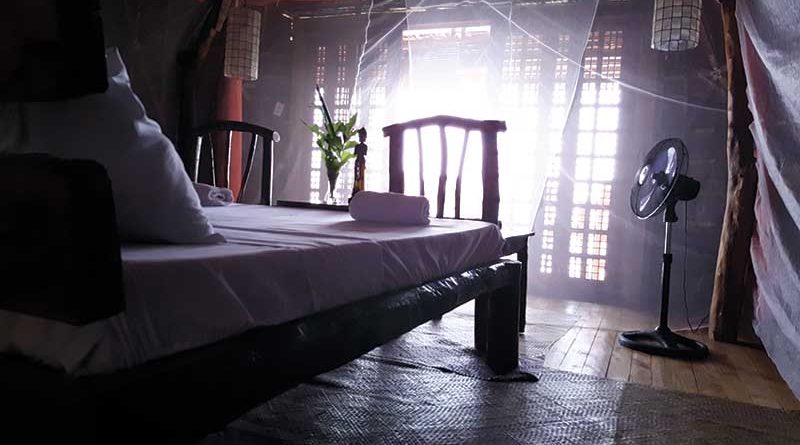Sleep Series: Sleep Hygiene (Second of Three Parts)
PREVIOUSLY, I’ve talked about why sleep is important and why we should include this in our top priorities if we want to take care of our health. Now, on the second part of this three-part series, I will be sharing tips on how to get that much needed quality sleep our bodies deserve each night.
The word “hygiene” usually brings to mind practices pertaining to personal grooming. Hence, the term “personal hygiene.” However, there is such a thing as “sleep hygiene” too, and these are the habits we have that determine the kind of sleep we get every night. Otherwise, I’d like to call this our “rest ritual” as this is a series of activities we do to prepare our bodies to rest and recover from the daily grind. I hope this article will somehow make you evaluate the quality of your sleep and better yet, make the necessary adjustments to improve your sleep quality if it isn’t optimal yet.
The following tips are taken from the Centre for Clinical Interventions:
1. Get regular. Keep a consistent sleep schedule. Get up at the same time every day, even on weekends or during vacations.
2. Set a curfew. Set a bedtime that is early enough for you to get at least 7 hours of sleep.
3. Sleep when sleepy. Don’t go to bed unless you are sleepy. Avoid daytime naps as much as possible, so you will feel tired enough to sleep on your regular schedule at night. If you must take a nap, don’t take more than an hour and preferably have it before 3 p.m.
4. 20-minute rule. If you don’t fall asleep after 20 minutes, get out of bed and do something boring such as reading a directory book or dictionary until you feel like sleeping again.
5. Set the mood. Establish a relaxing bedtime routine, whether it’s stretching, reading, or even taking a hot shower.
6. Create your resting space. Use your bed only for sleep and relaxation. Do not bring work or studies to bed. Well, this never works for me in my case anyway. I always end up falling asleep and not finishing anything whenever I try to study or work on something on my bed.
7. Limit the light. Limit exposure to bright light in the evenings. Dim the lights and avoid gadgets at least 30 minutes before bedtime.
8. Eat just right. Don’t eat a large meal before bedtime. If you are hungry at night, eat a light, healthy snack such as a lettuce wrap or hummus and vegetable sticks.
9. Exercise regularly and maintain a healthy diet, but don’t exercise within four hours to your bedtime.
10. Avoid stimulants. Avoid consuming stimulants such as caffeine, tea and chocolate in the late afternoon or evening.
11. Alcohol ain’t your friend. Avoid consuming alcohol at least four to six hours before bedtime. Many people think alcohol helps one fall asleep, but this actually disrupts the quality of your sleep by disrupting the body’s ability to stay asleep.
12. Hold off the water. Reduce your fluid intake before bedtime to avoid interrupted sleep form getting up to urinate in the middle of the night.
Now that you know the practices you may need to add to or change in your current sleep hygiene, I hope you will be able to take better charge of your health. As you can see, diet and exercise are closely interrelated with sleep hygiene in achieving optimal health; both can interchangeably influence each other. It’s time to develop a healthy relationship with your bed! I hope you will look forward to the last installment of this series, which will be about certain food that actually support good quality sleep. Keep posted and sleep well!





